Bank’s risk and governance failings are inseparable from its poor climate record, but investors can turn the bank around campaigners argue.
Credit Suisse was quietly removed from a sustainability index late last year, which it had been a part of for over 20 years, following a string of risk, governance and sustainability scandals which campaigners say are intimately linked to its fossil fuel support. The shareholder resolution at their AGM on April 29 is a chance for investors to support a turn-around by the bank on sustainability.
The embattled Swiss bank was removed from the Dow Jones Sustainability Index on 12 November 2021, after benefiting from inclusion since 1999, because of its role in a corruption scandal in Mozambique in which the bank arranged $1.3bn of industry loans. The purpose of the loans was to buy a tuna fishery fleet but also military equipment in the wake of the discovery of a giant offshore gas reserve field in Cabo Delgado.
Mozambique’s Centre for Public Integrity has estimated that the fallout forced 1.9 million more Mozambicans into poverty.
Campaigners say Credit Suisse’s failures are not isolated and are symptomatic of a ‘profit-at-all-costs culture, extreme risk-taking, and deep dishonesty that Credit Suisse bankers have become known for’. This very culture also explains its addiction to coal, oil and gas industries.
ShareAction found recently that Credit Suisse, which is a member of the Net-Zero Banking Alliance, is Europe’s eighth worst offender when it comes to financing oil and gas expansion. Since 2016 it has financed companies aggressively expanding their oil and gas exploration and drilling to the tune of $18 billion.
Jeanne Martin, senior campaign manager at ShareAction, says:
“S&P’s decision to drop Credit Suisse from its main sustainability index is a further blow to the bank, which has been involved in a string of high-profile risk management scandals in the past few years. Credit Suisse must urgently re-assess its excessive risk-taking strategy and put the climate crisis at its core. As one of Europe’s top fossil fuel financiers, investors shouldn’t expect anything less from the bank, and they should signal this by voting FOR the climate shareholder resolution at the AGM”
Guillaume Durin at BreakFree Switzerland says:
“Swiss Secrets leaks shook the world, but we shouldn’t be surprised if you look at the profit-at-all-costs culture, extreme risk-taking and deep dishonesty that Credit Suisse bankers have become known for. It is this disregard for ethics that leads the bank to worsen – and attempt to profit off – the climate crisis and its impacts on vulnerable communities in Mozambique.”
DeSmog last year revealed the collusion between the world’s largest fossil fuel banks and other polluting industries, exposing the connections between board members. It found that 85% of Credit Suisse‘s board had past or present ties to high-carbon industries and their financiers. To use a more specific example, Michael Klein, a member of its board “has used his decades of experience at Citigroup to advise on major oil and gas transactions, including the recent Saudi Aramco IPO, the largest in history, and the merger between mining companies Glencore and Xstrata.”
In December, Credit Suisse took a further knock after the surprise departure of Lydie Hudson, a board-level sustainability head, only 17 months after implementing a new sustainability strategy called Sustainability, Research & Investment Solutions. A month later she was followed by Marisa Drew, chief sustainability officer, who reported to Hudson, leaving many to question whether the bank’s profit-seeking culture was irreconcilable with its supposed commitment to sustainability.
On Friday April 29, investors of Credit Suisse can take a big step forward on climate by voting for ShareAction’s shareholder resolution.

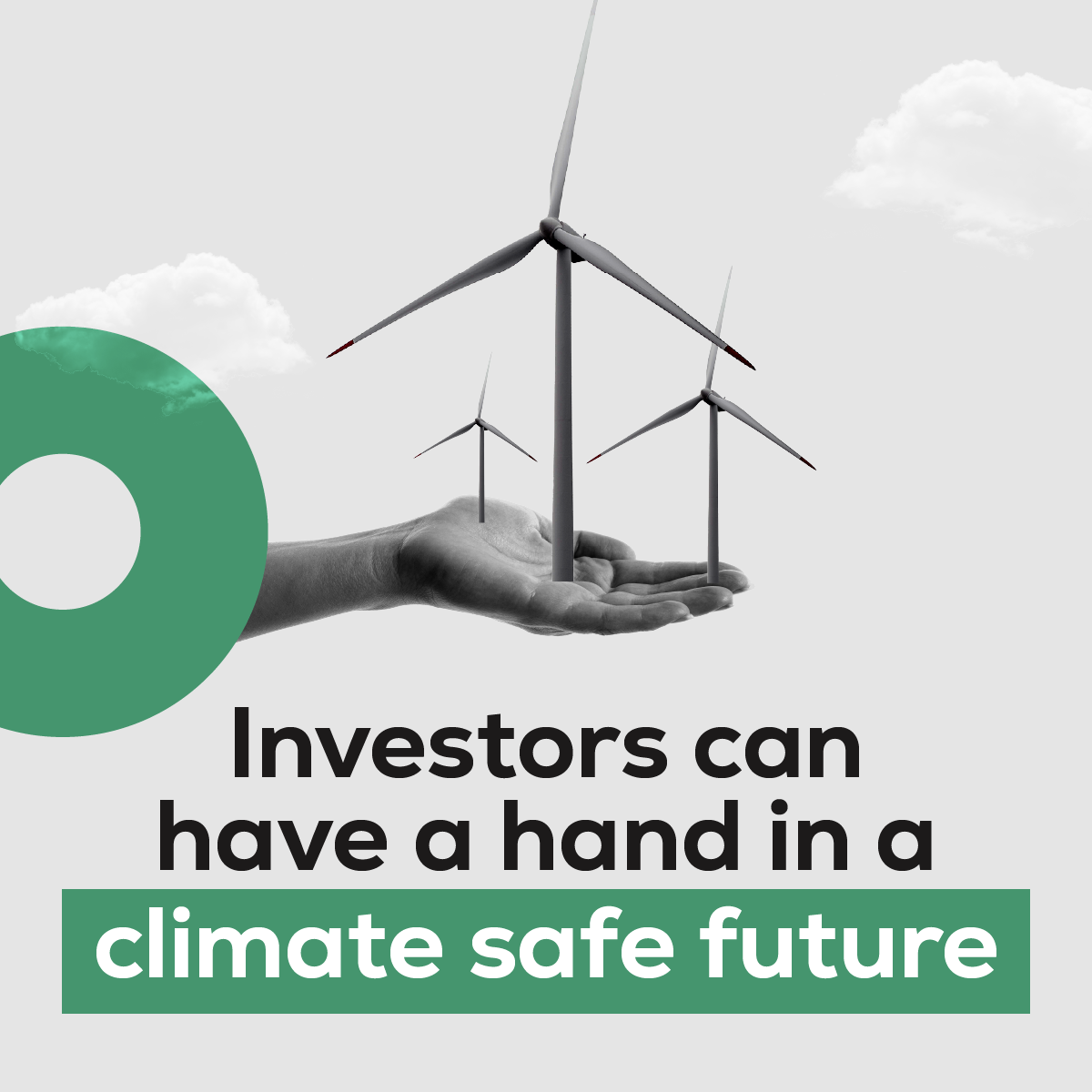



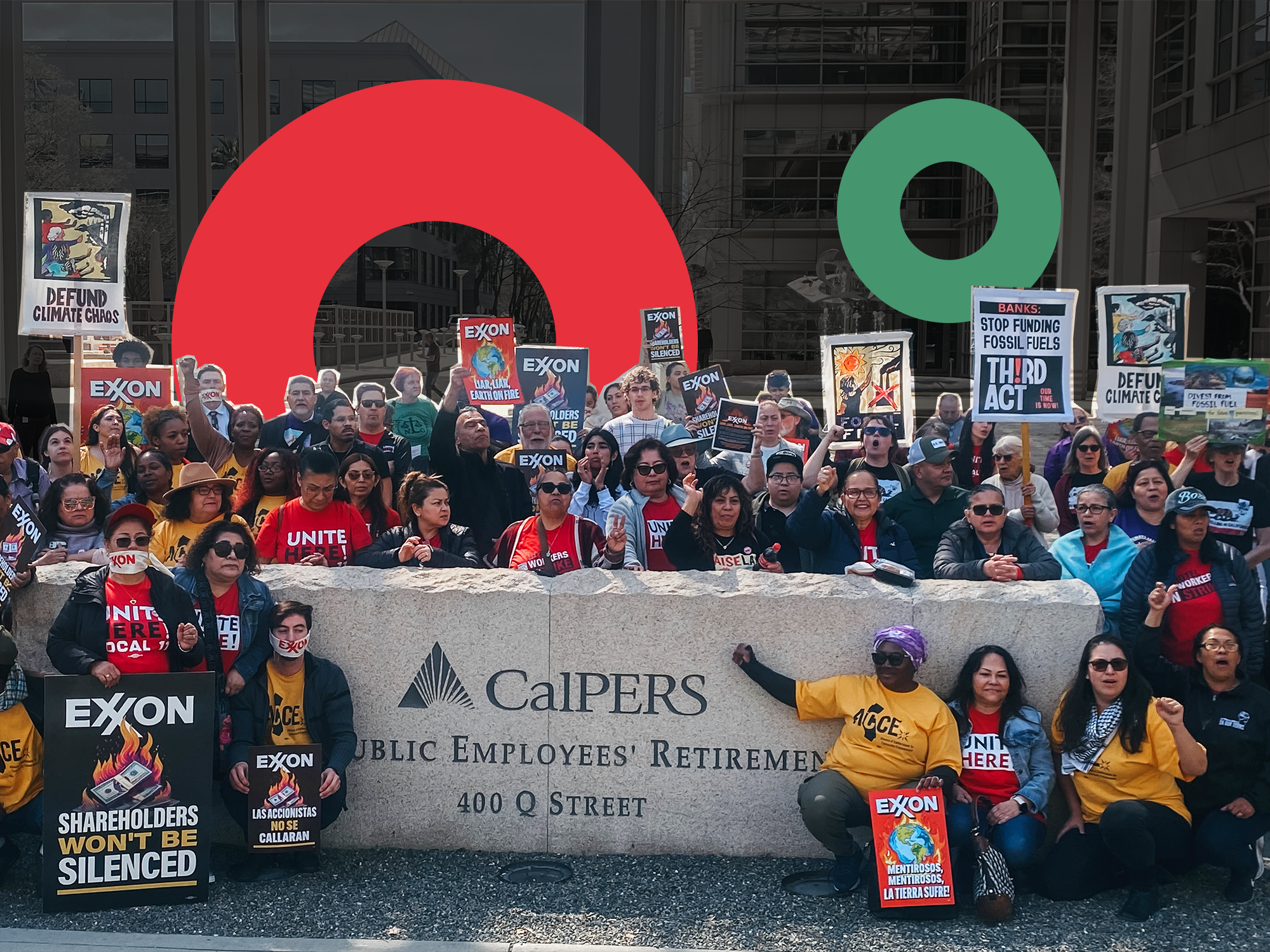


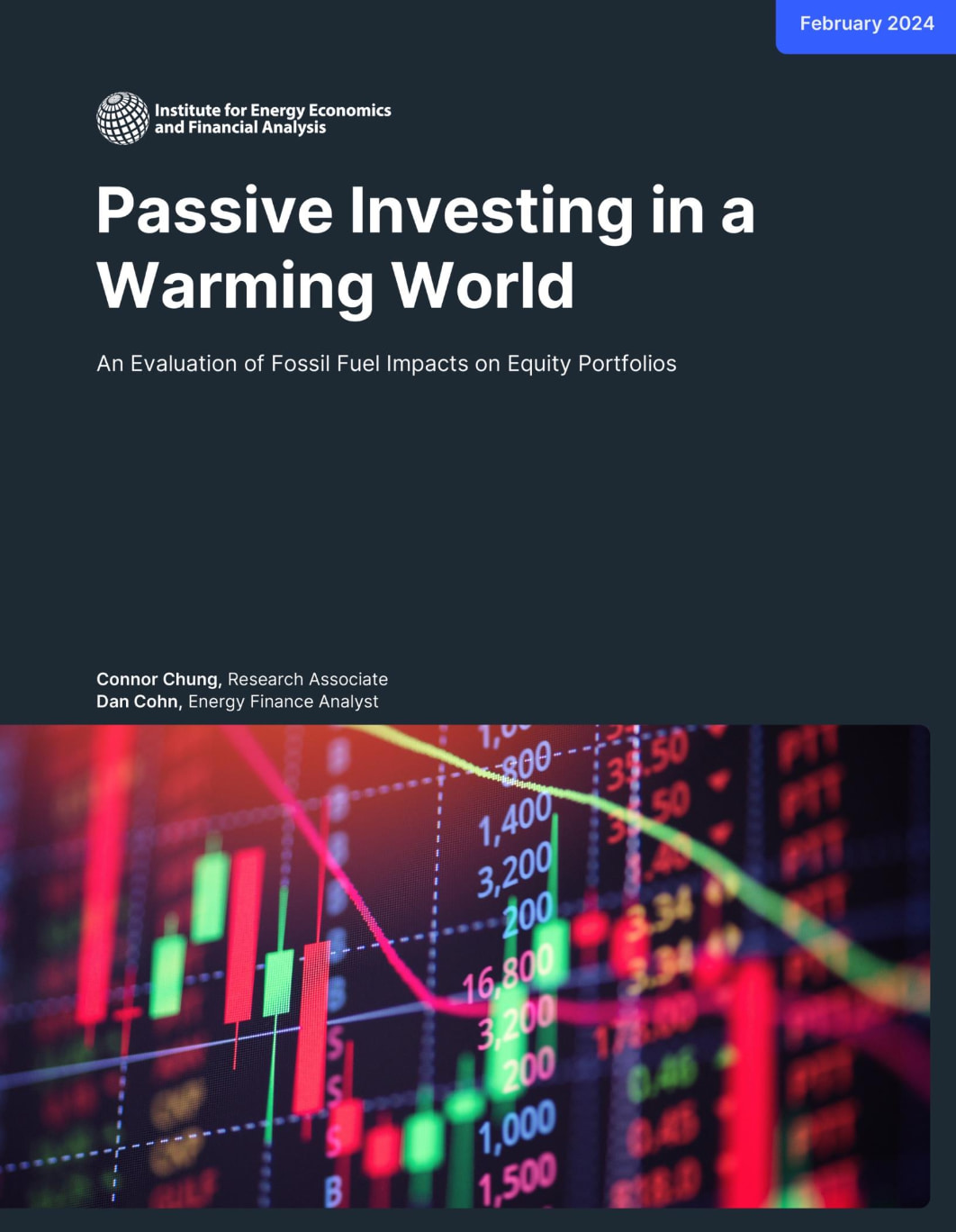

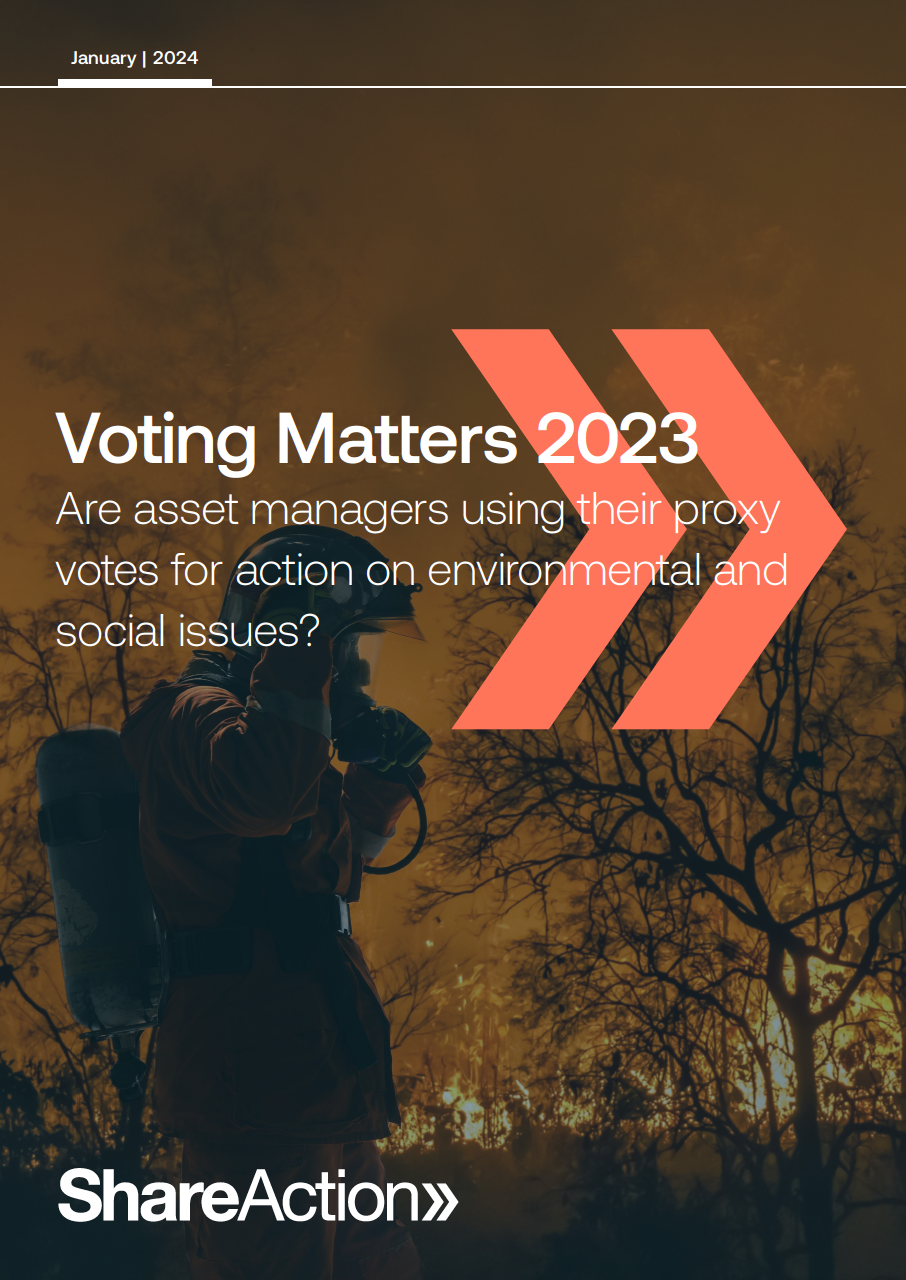
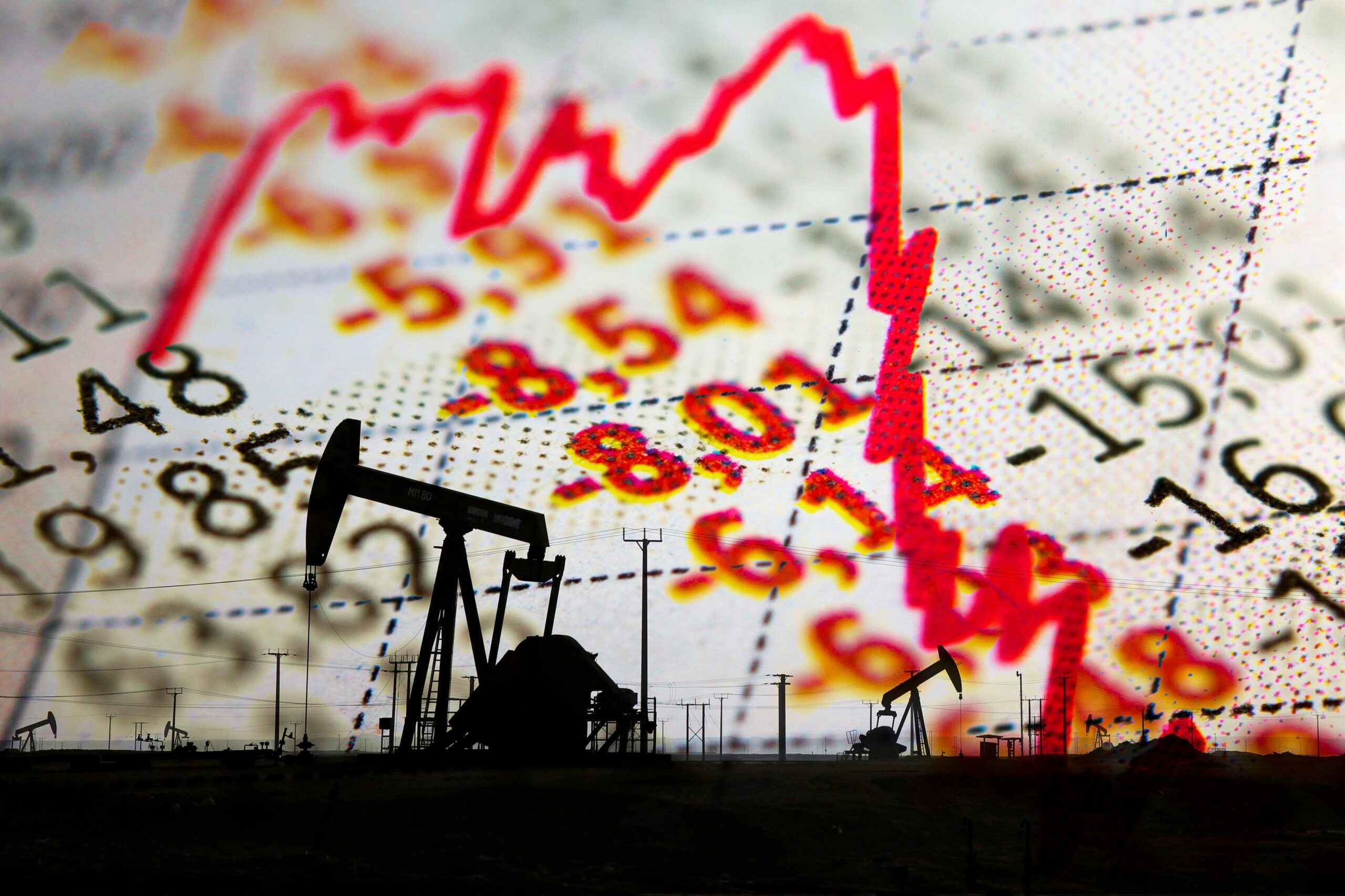
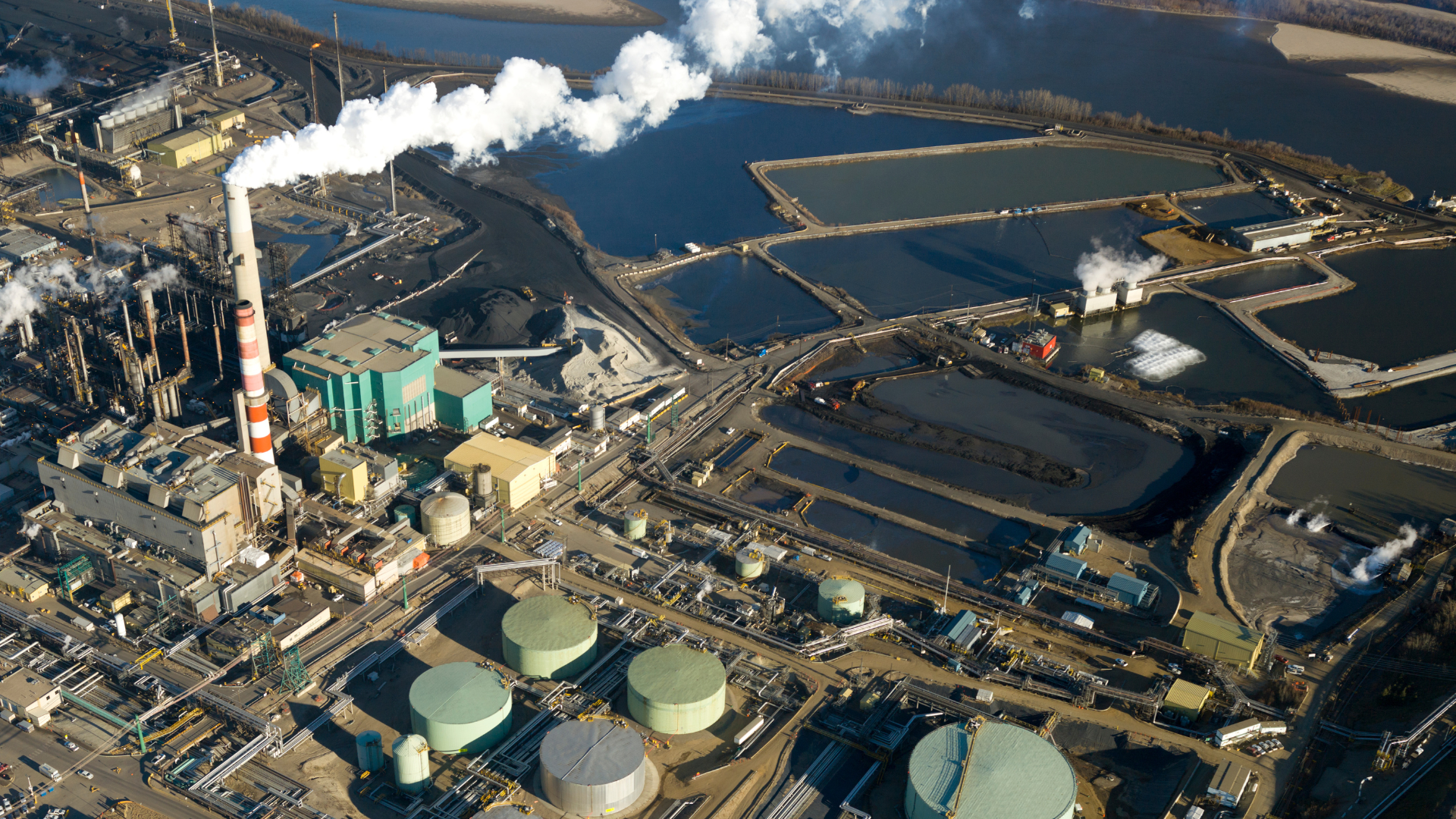
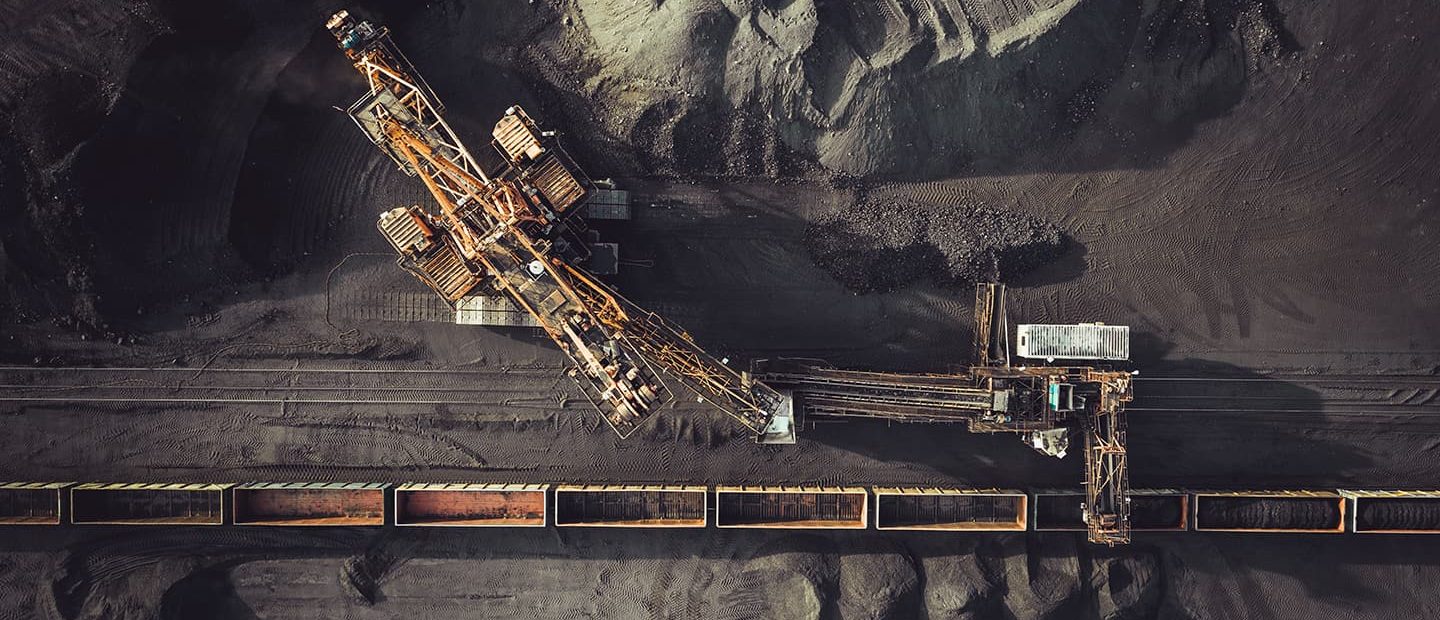
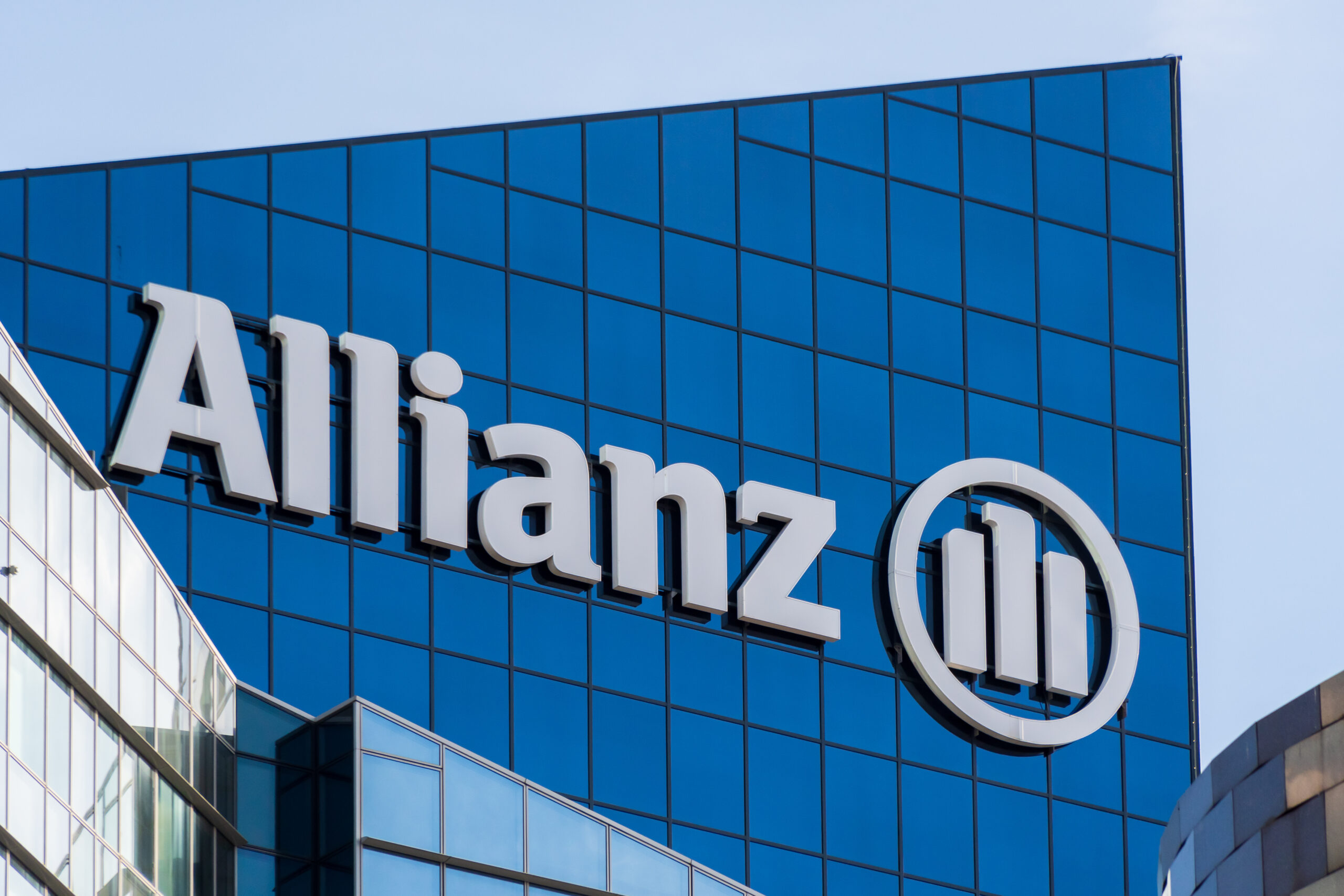




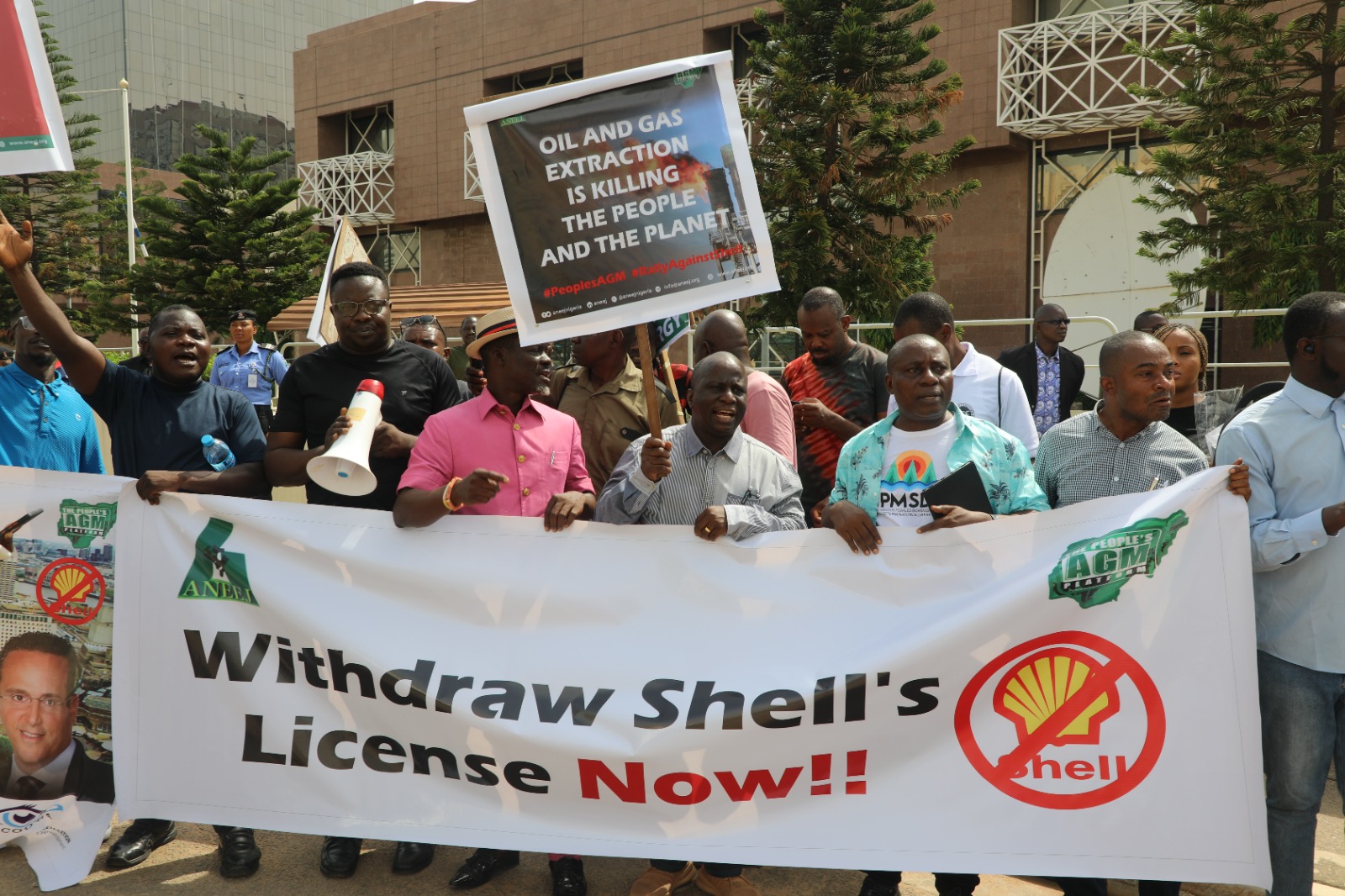


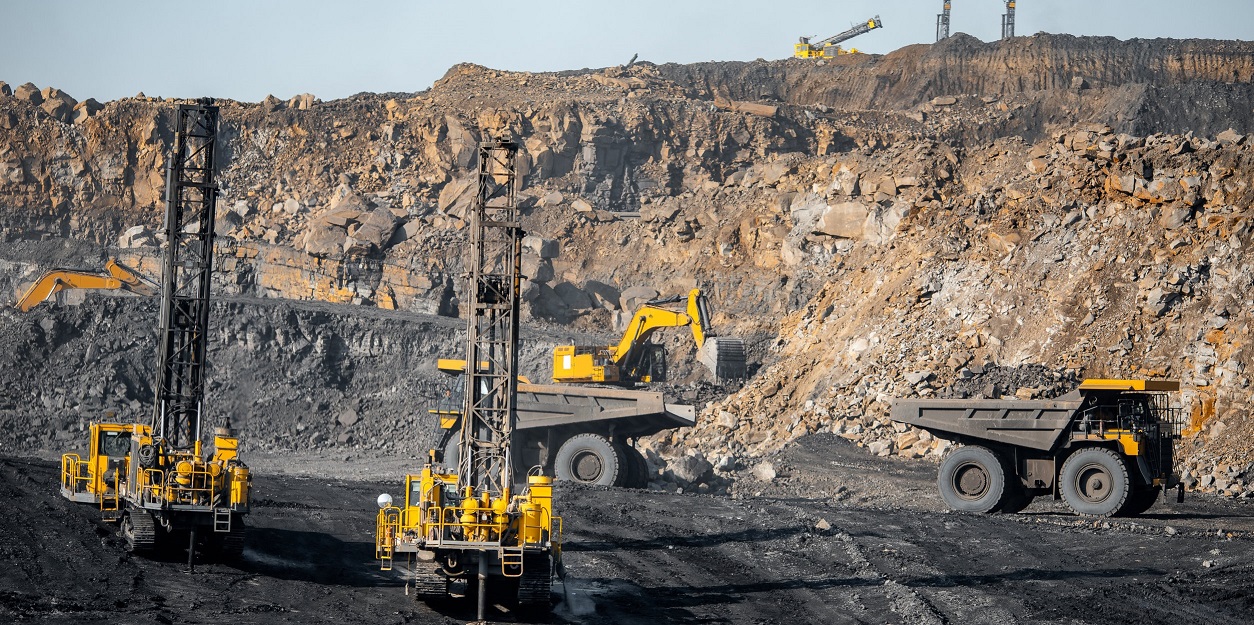








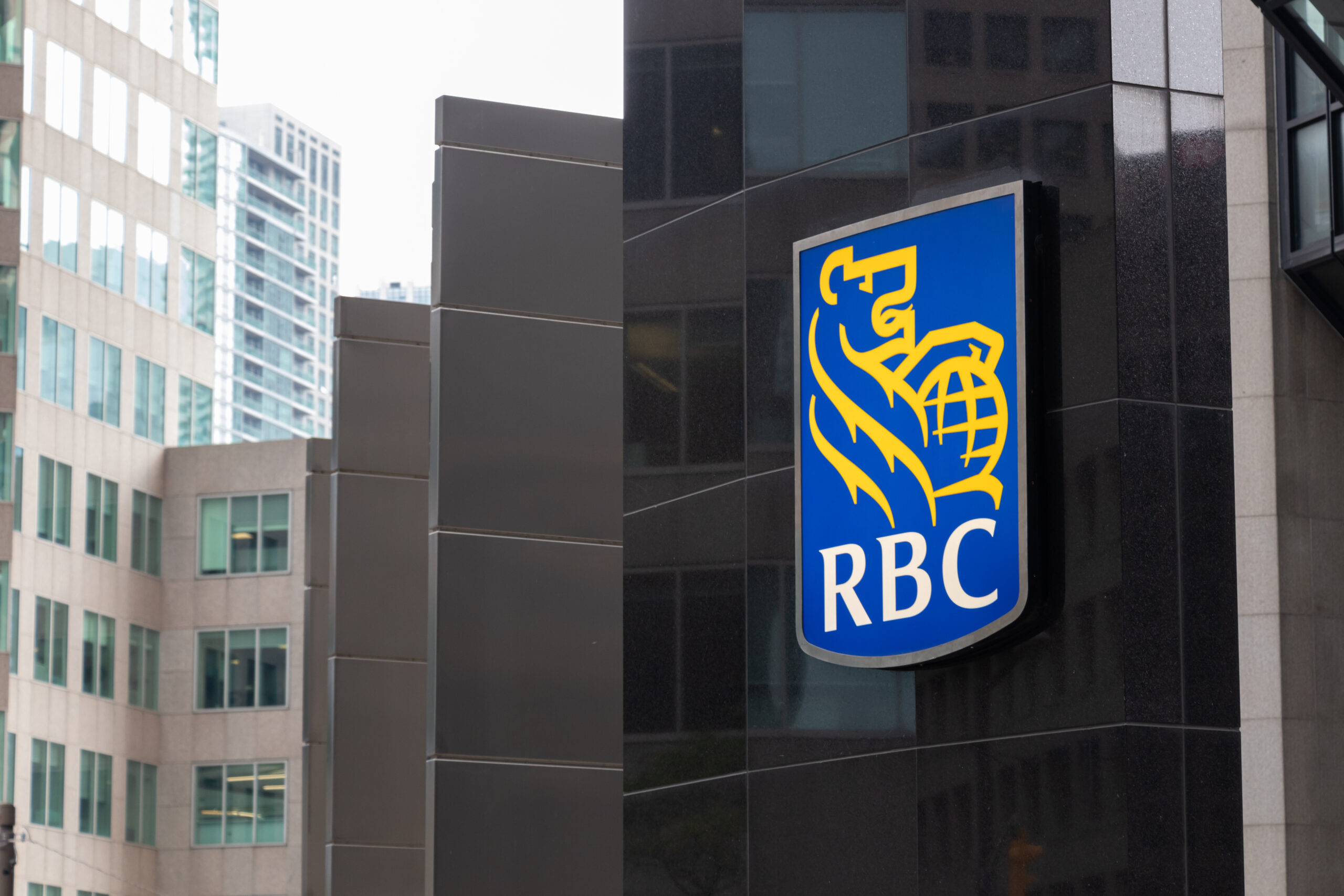



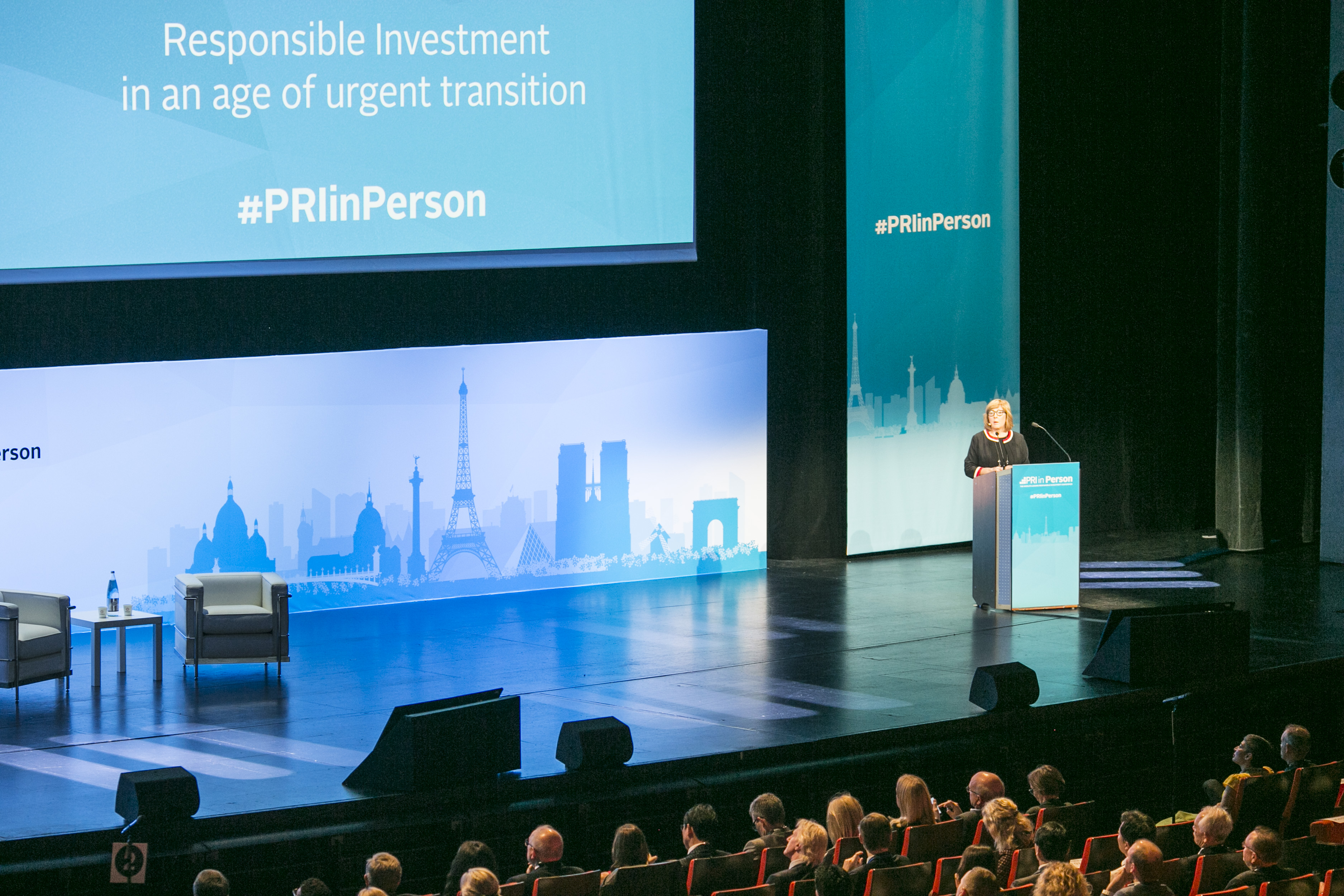

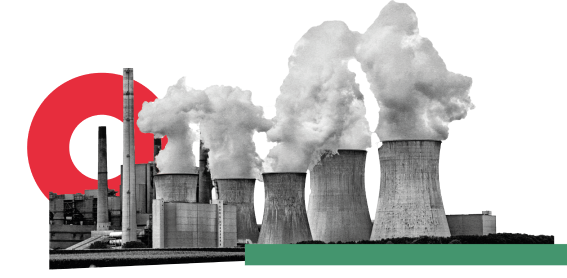


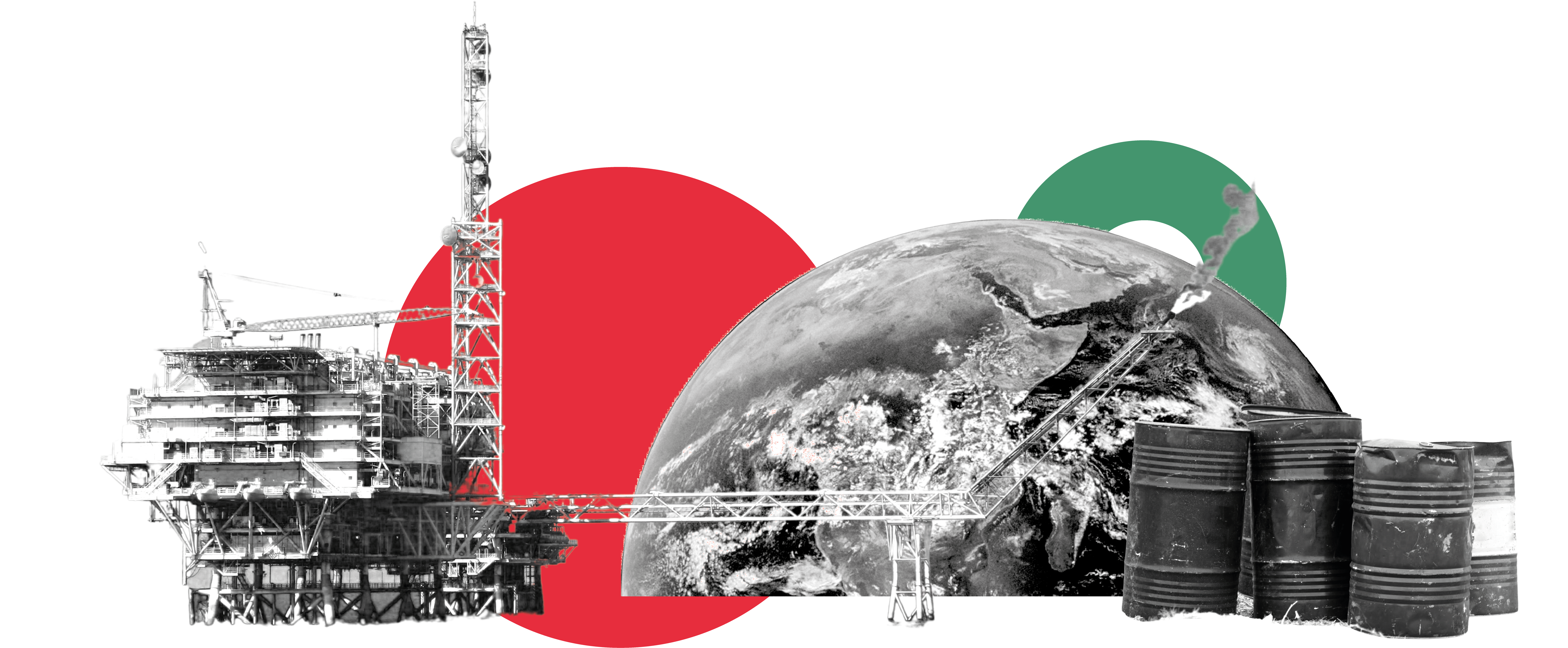

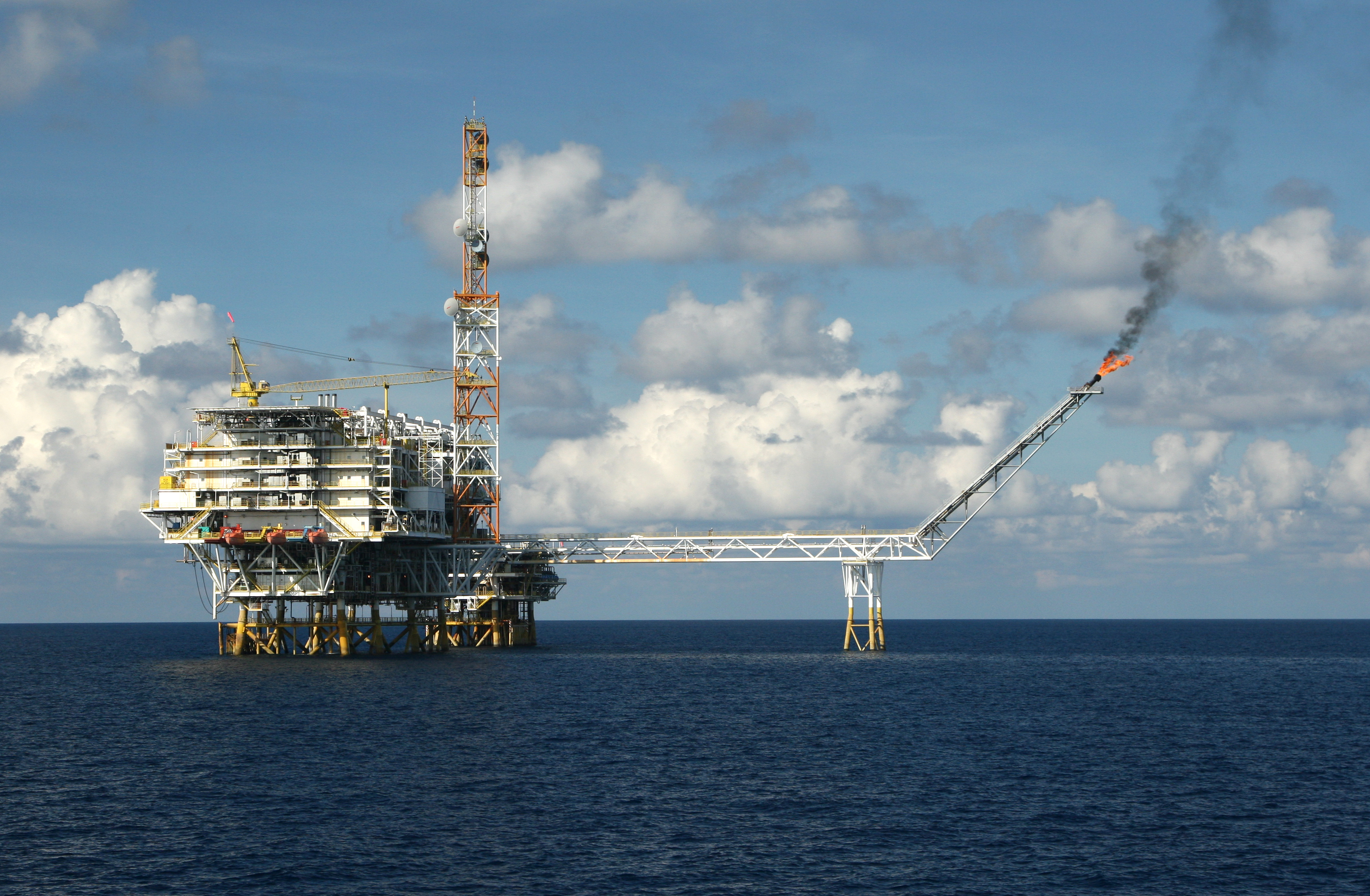

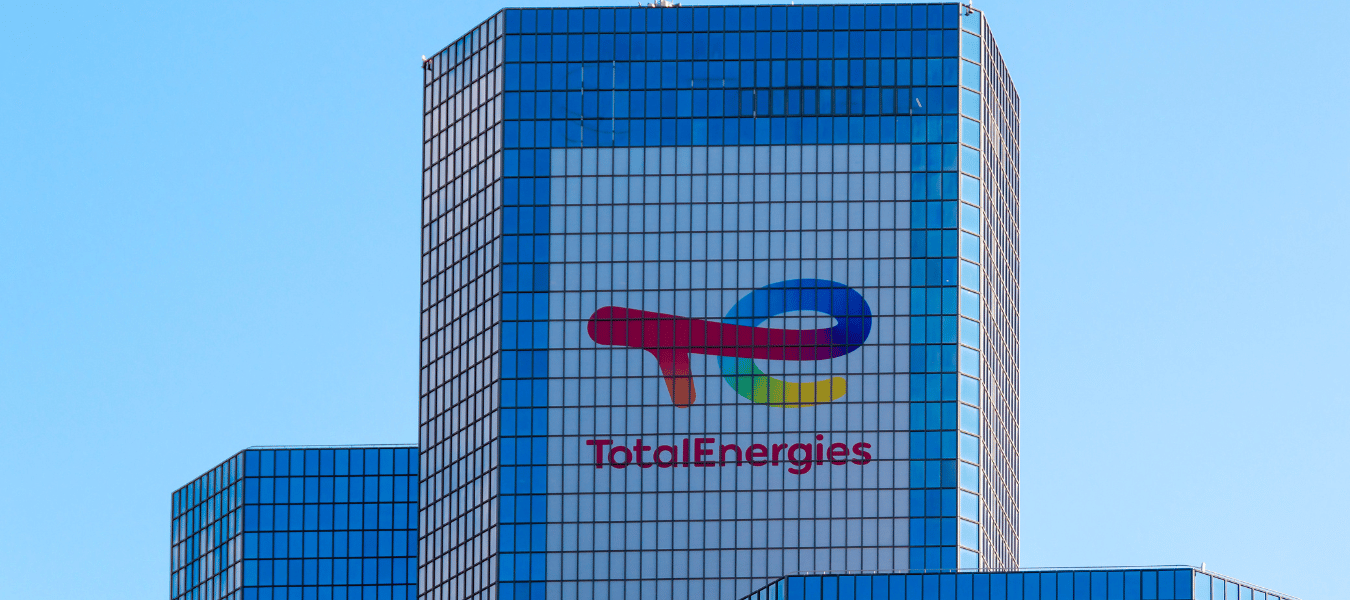

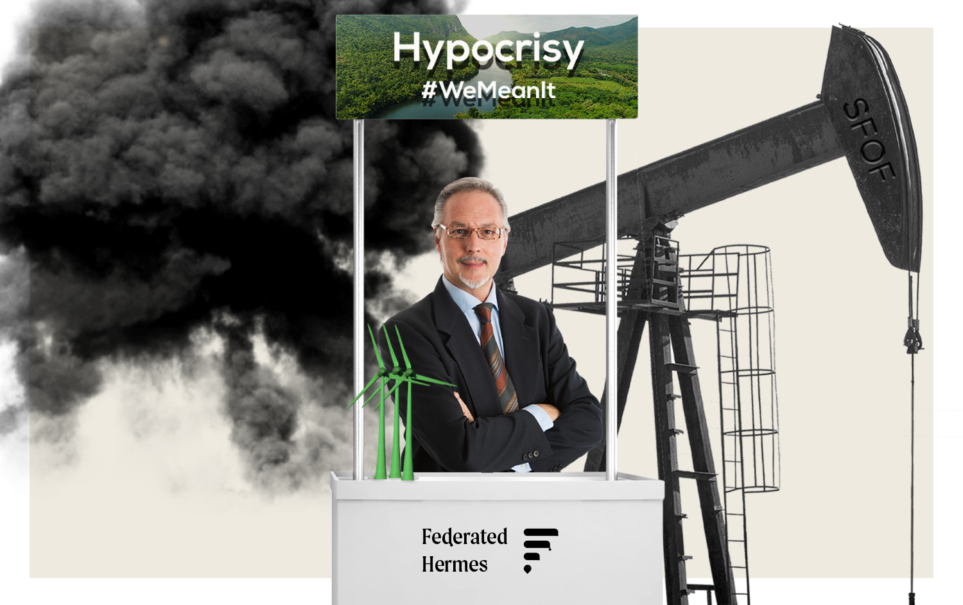
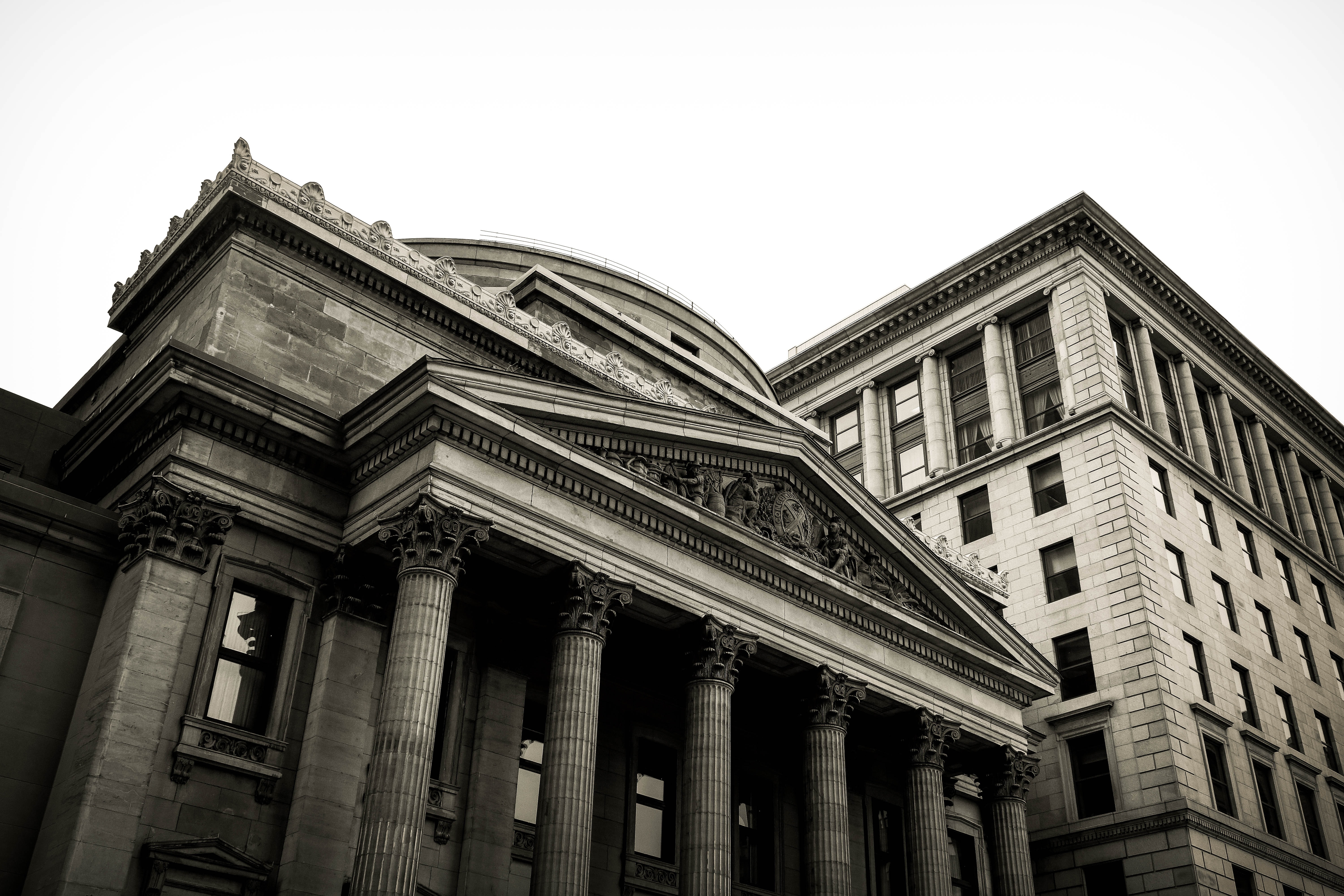






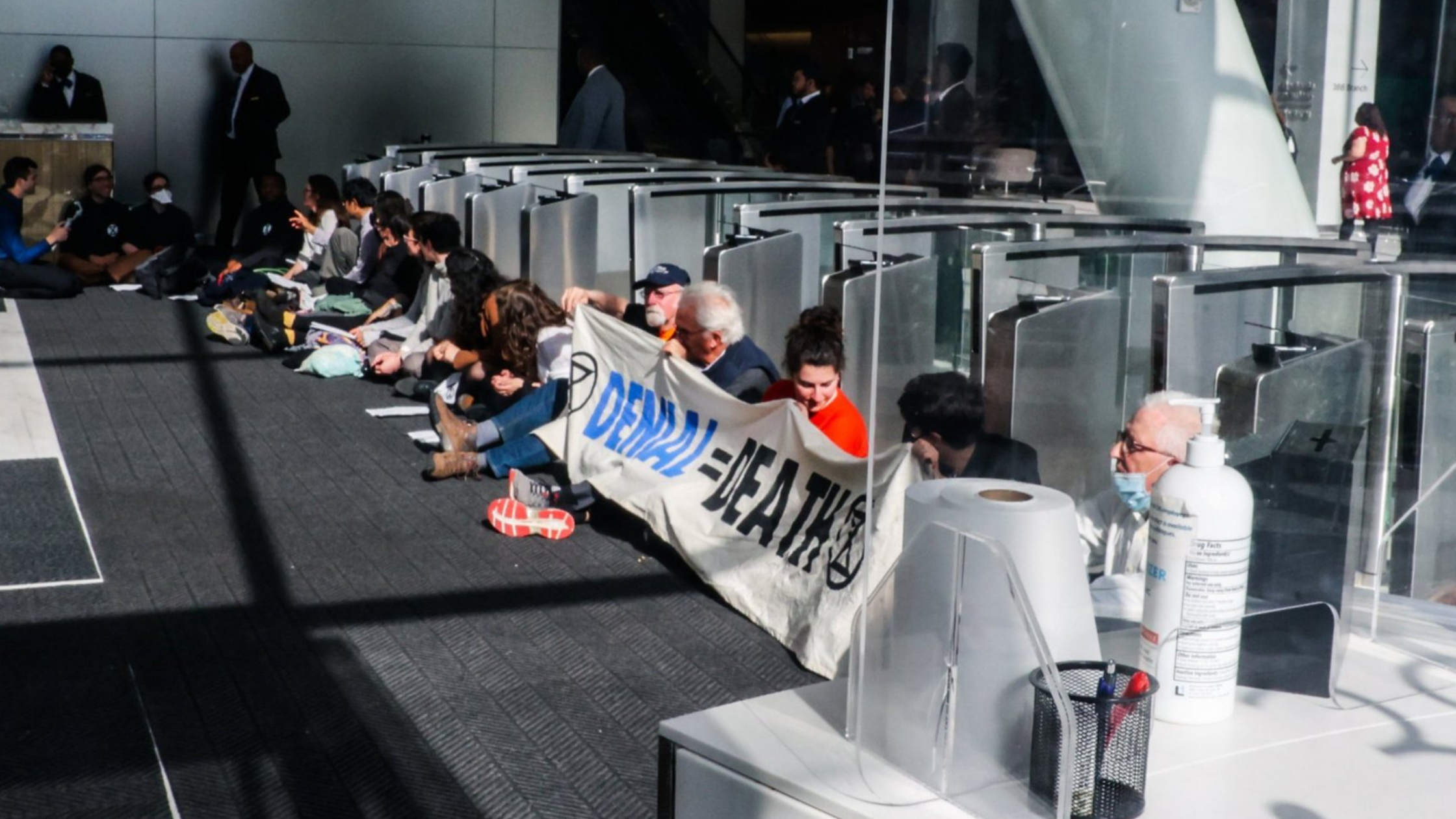





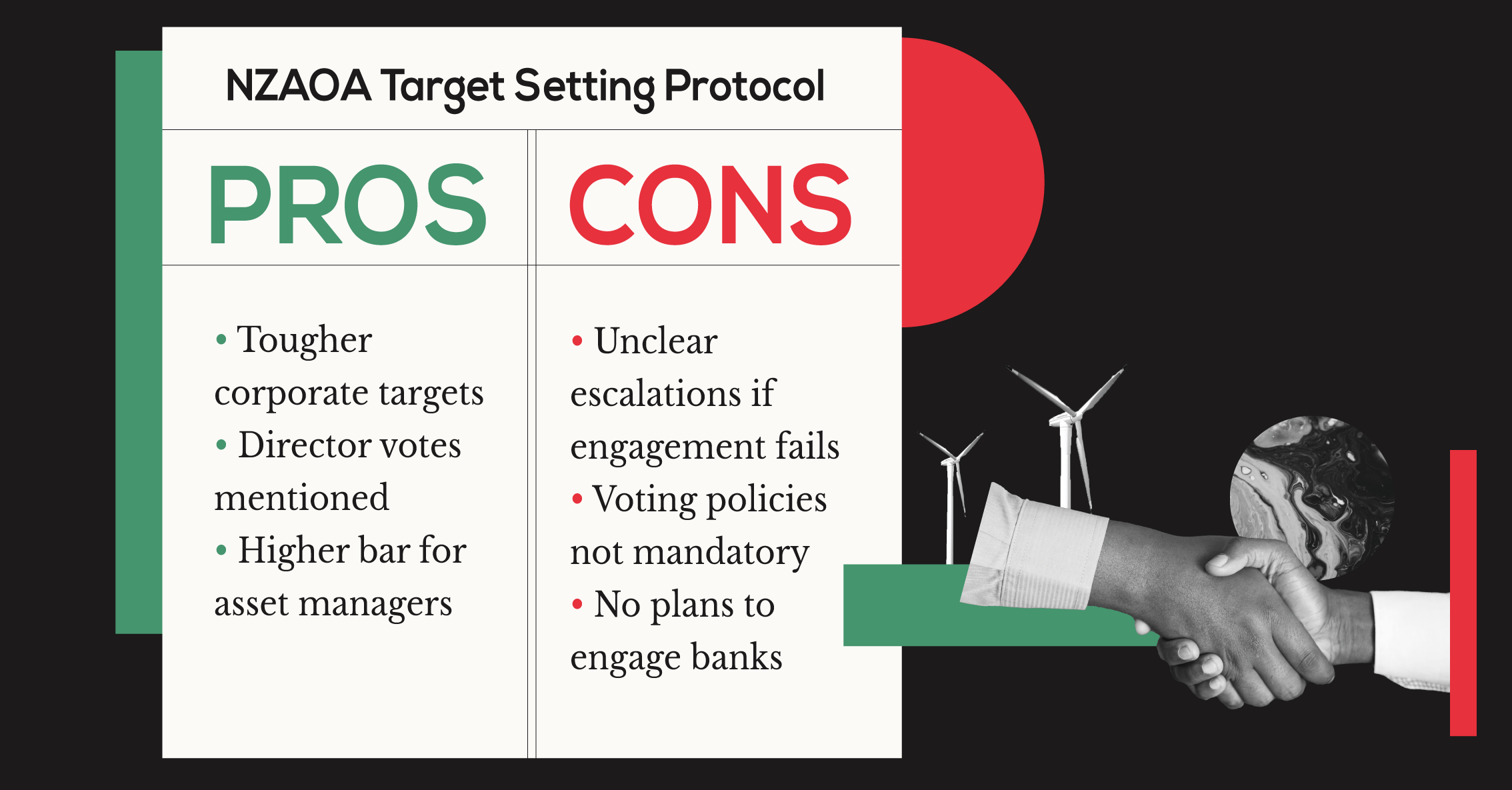
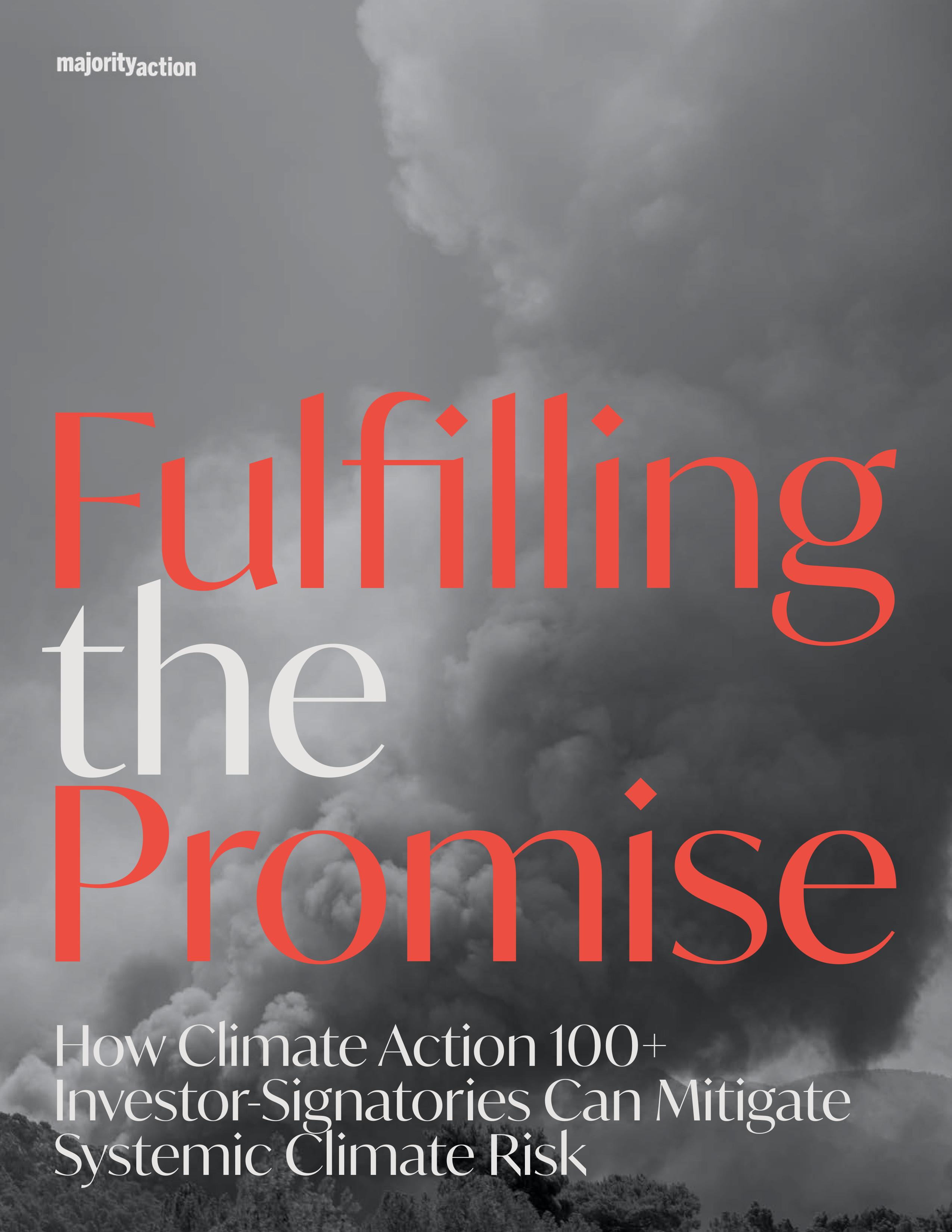
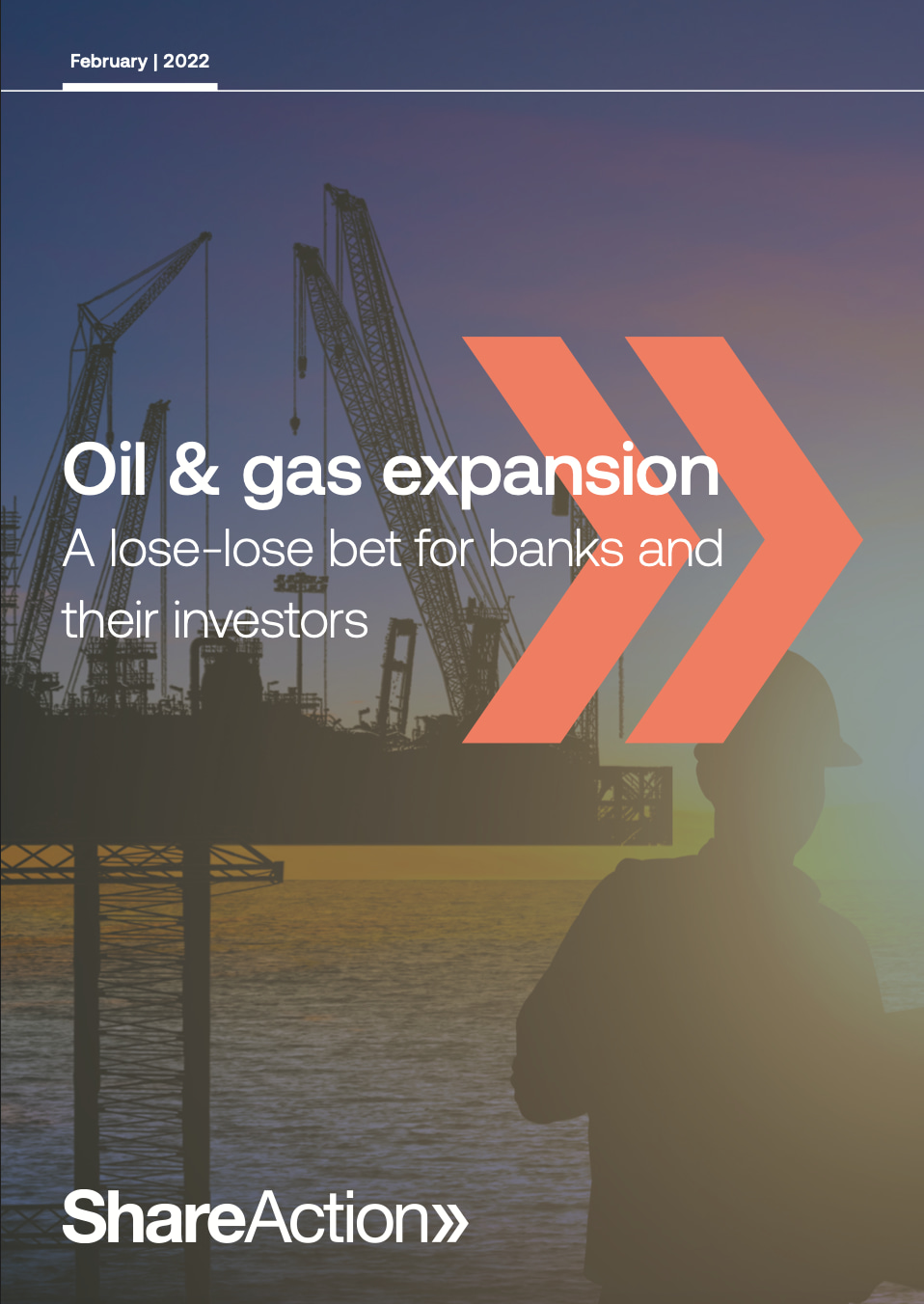

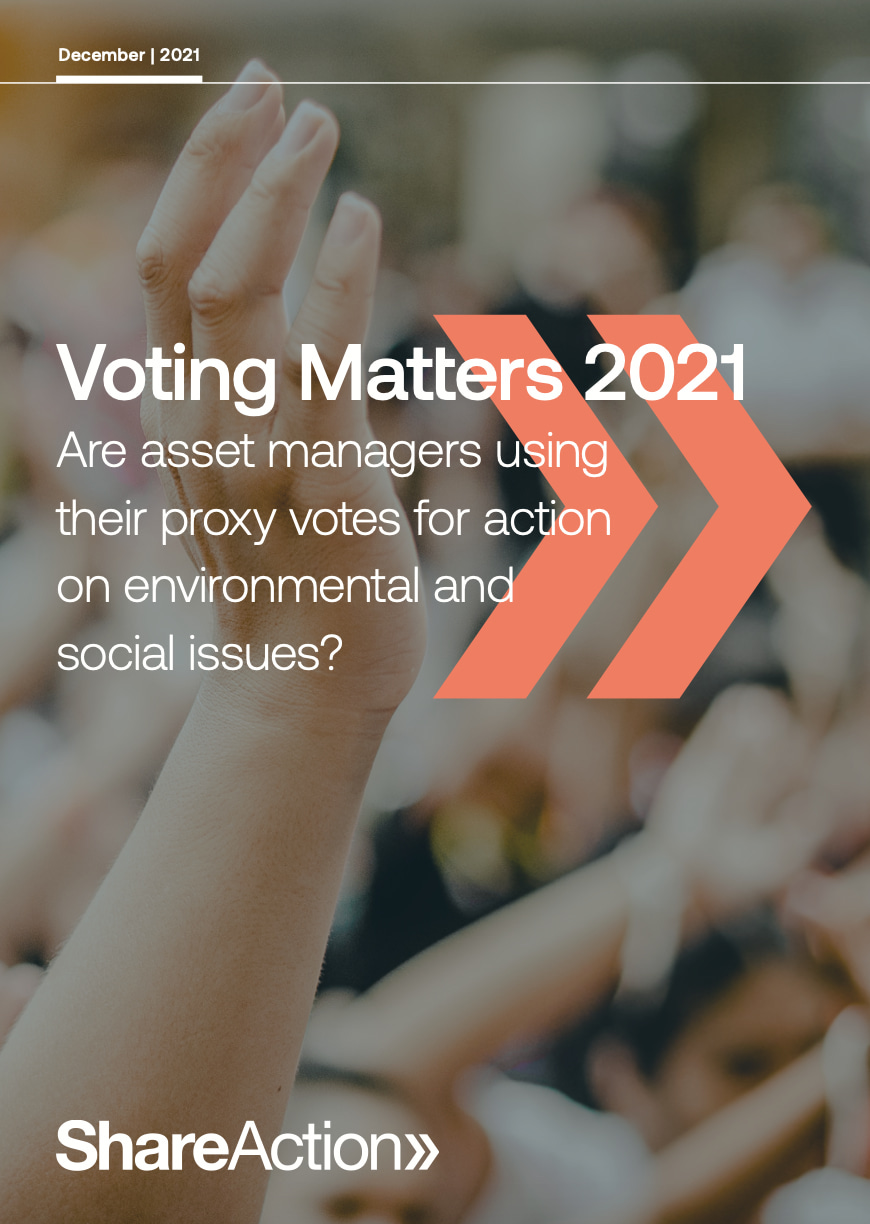
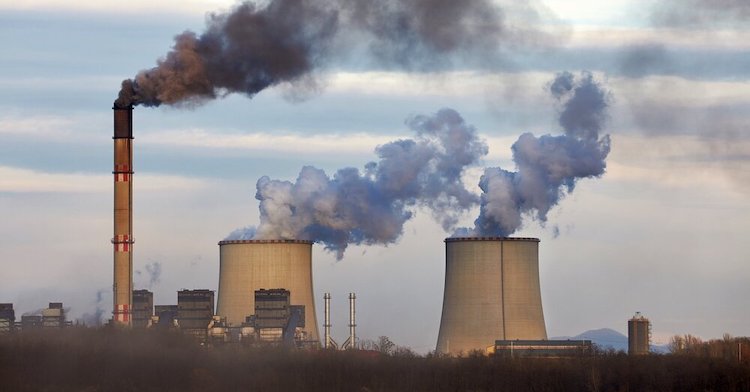
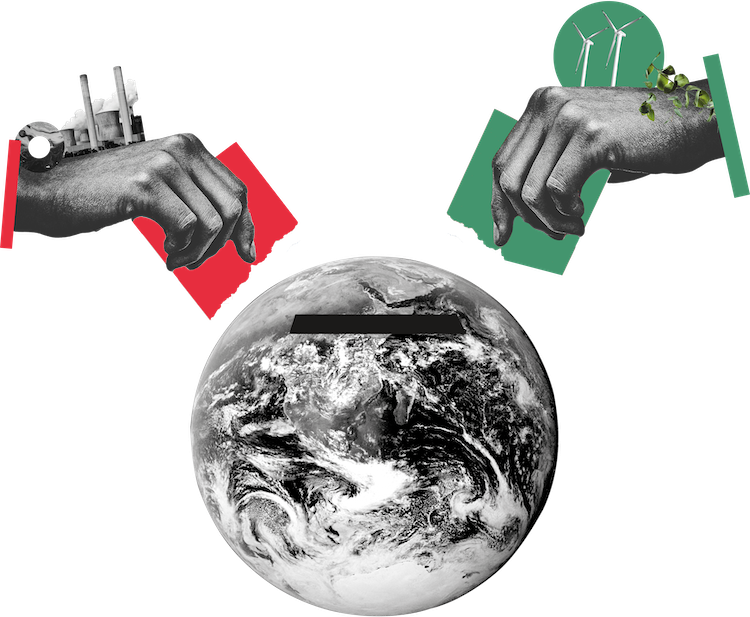

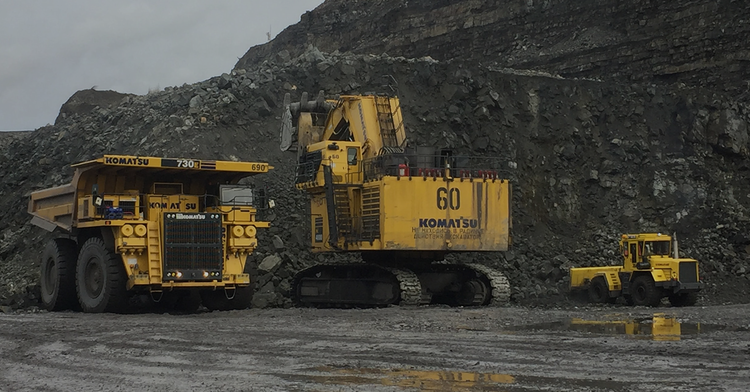
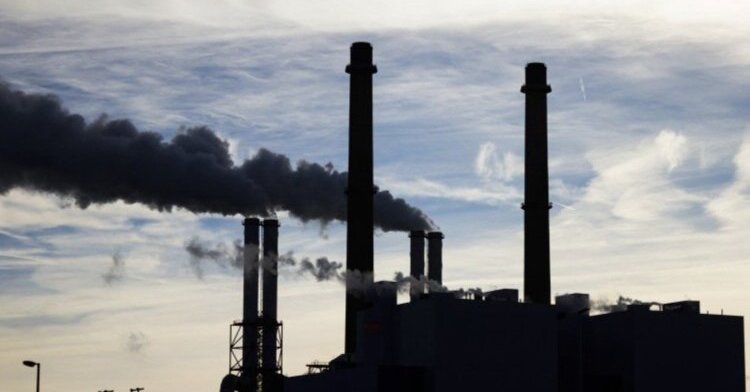
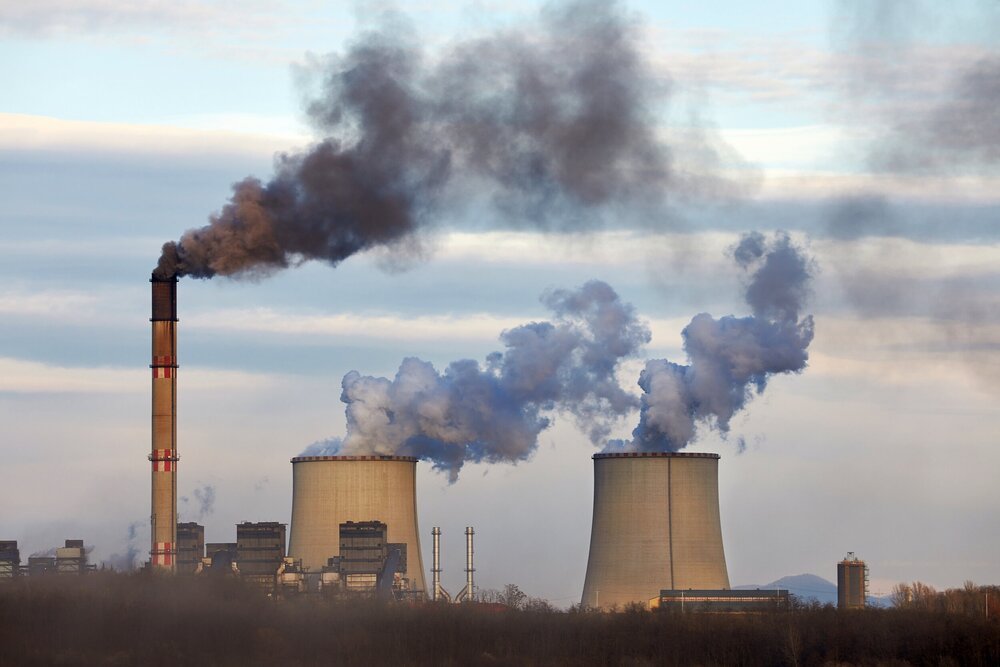
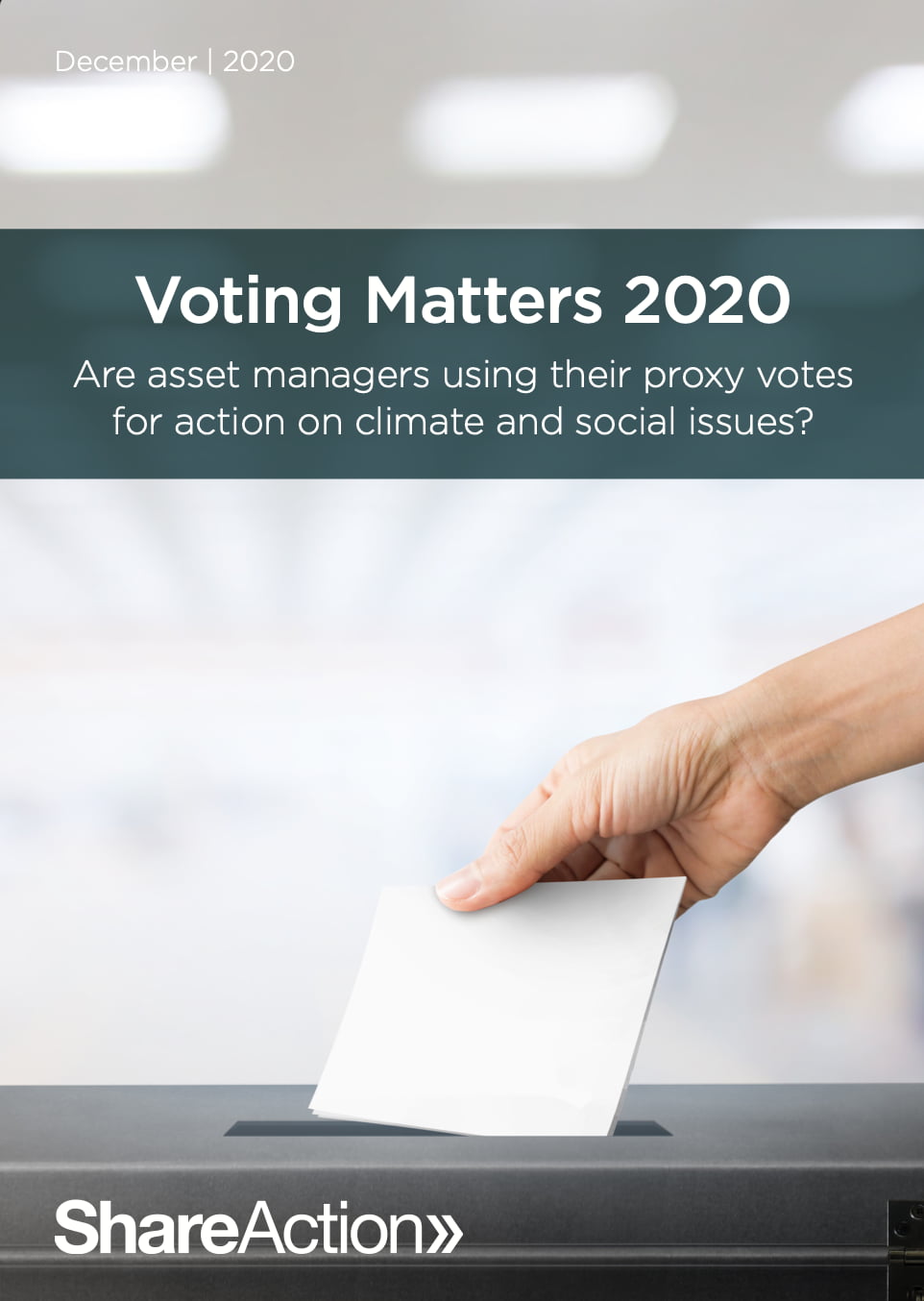
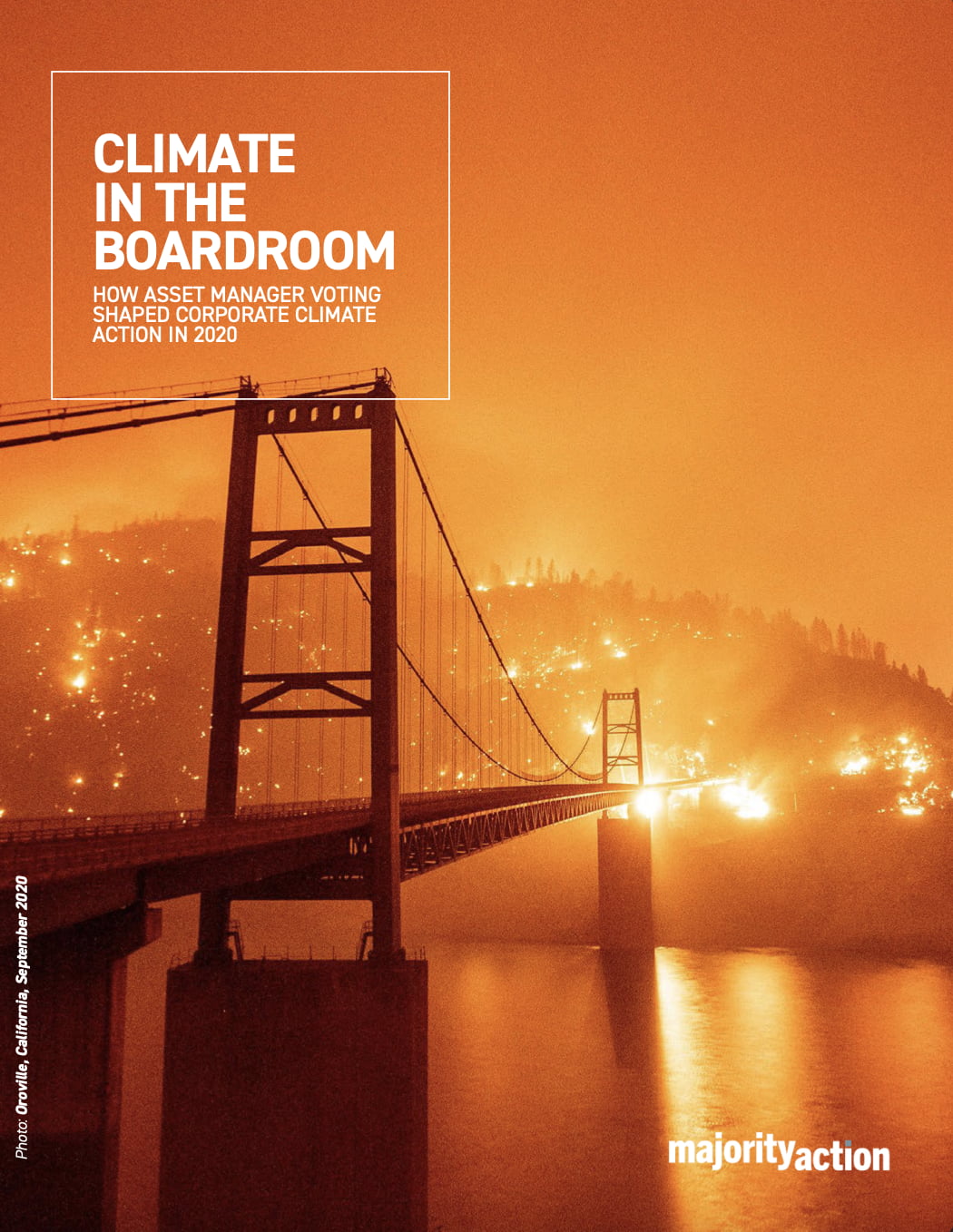
Share